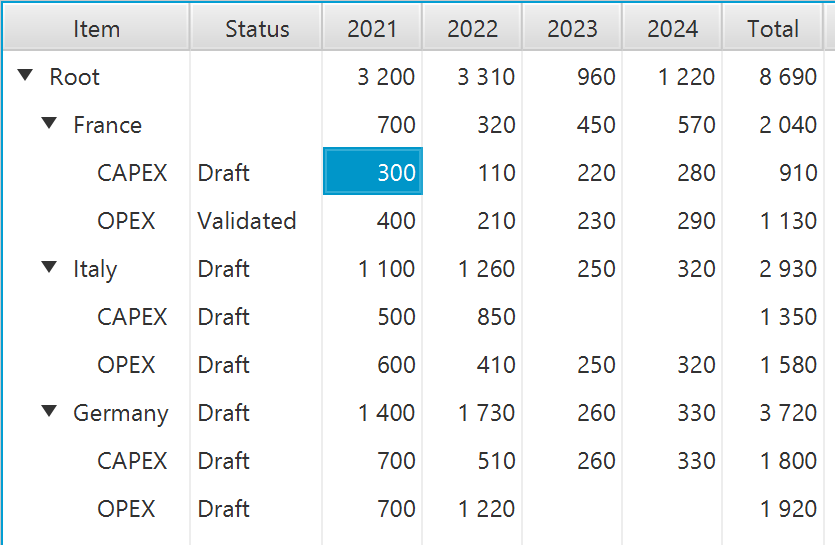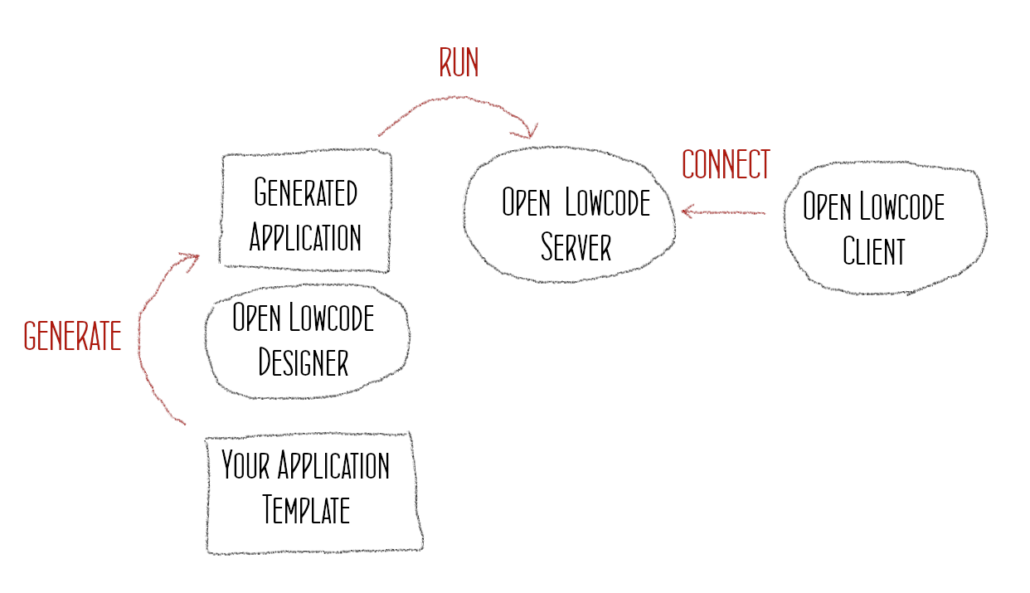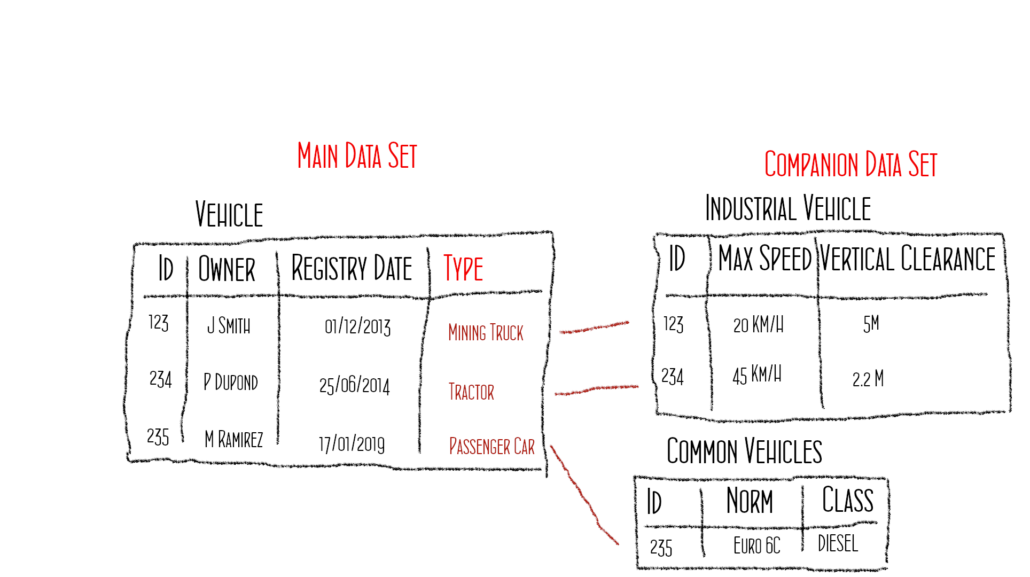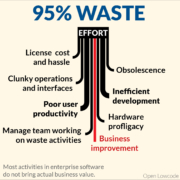Project Management and specific applications
Project Management is a complex art, with many traps awaiting the beginners. One of them is to plan in too much detail. Typically, nobody will have the energy to maintain this detailed planning when the list of activities change. They always do change, much more than expected. Another frequent mistake is to use methods from industry for office work. This includes strict capacity planning and dependencies. This is not adapted, as the time to perform an office work task is elastic, and dependencies are never on-off affairs.
A wide range of situations
To add to the complexity, project managers setup different methods depending on context. The first element is the size of the team. Bigger organizations have more complex processes. Also, customers, the finance department and management each ask for specific reporting. Some of it is legally required. Furthermore, each project deals will different types of activities. Each of them link, in its own special way, to the resources and costs. And cherry of the cake, an international or multi-company setup adds another layer of complexity. All those specifics can change deeply the way Project Management is performed.
Contrary to what the idealistic or arrogant consultant will tell, a large portion of this complexity is legitimate and unavoidable.
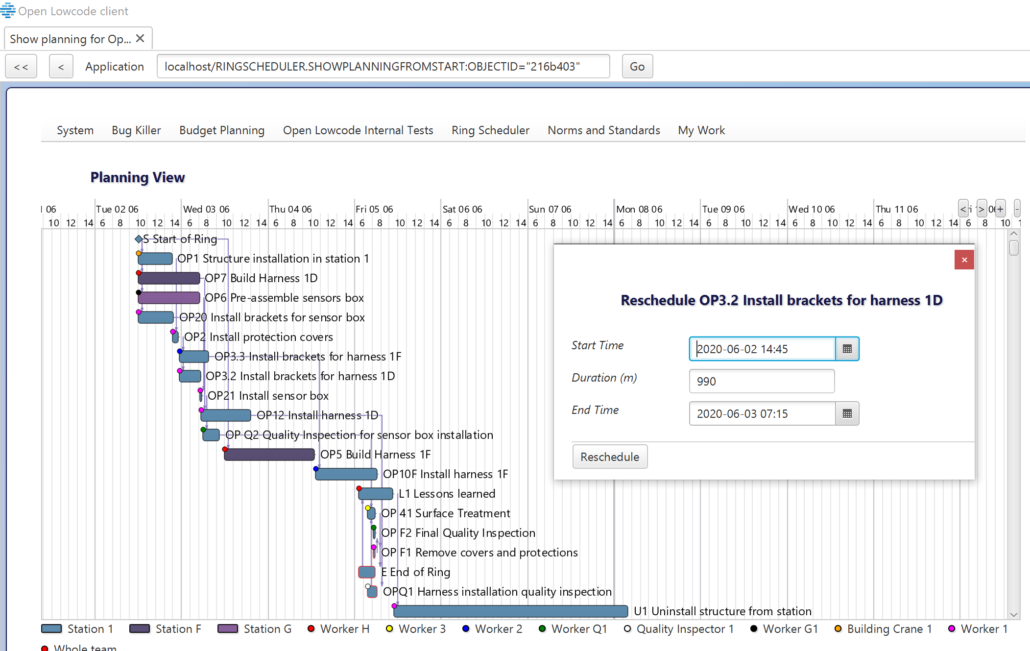
A significant community
Sure, Project management is a niche, but not a small niche. Typically, 2 to 5% of employees work in this area. In a medium-size 5.000 people industrial company, the project and program management community can be several hundred people. They spend most of their time managing the cost, deliverables, and planning. And they still work in spreadsheets and other Office tools. On a large initiative, you can quickly get in the proverbial hell of huge spreadsheets. This involves complex macros written by long-gone interns, and dozens of competing versions shared by mail or on file server.
The story of using more elaborate tools is quite dismal: standard project management tools may be quite good. They are probably a decent solution for simple activities. However, for most complex activities, they typically miss required features, and cannot easily be adapted. There are mountains of unused licenses of costly project management tools sitting around.
Realizing that, most companies tried to develop specific project management tools to suit their processes, with great difficulties. Anecdotal evidence shows many of those tools end-up being the place where you have to put the data for the boss, with the real work done elsewhere. The process involves much grumbling and fuming.
The elusive ideal software
A major difficulty is ergonomics. It is very hard to build ergonomics that are even close to Office tools. Unfortunately, this will be the single biggest factor on which users will judge the tool. In the last years, developers and designers have focused on simple tools, mostly for mobile. The art of the ergonomics of complex Office tools has been almost lost.
Many of those specific tools also lack features. Project management processes are actually quite complex. An official IT project will typically be too expensive for the budget available. So it will end up as a barely useful half solution, with a big sea of spreadsheets surrounding it. This is the infamous ‘tool to put the work in at the end to please the boss’. To make matters worse, there is typically no strong sponsor to coordinate, and get enough budgets, to build a decent project management tool for the whole company.
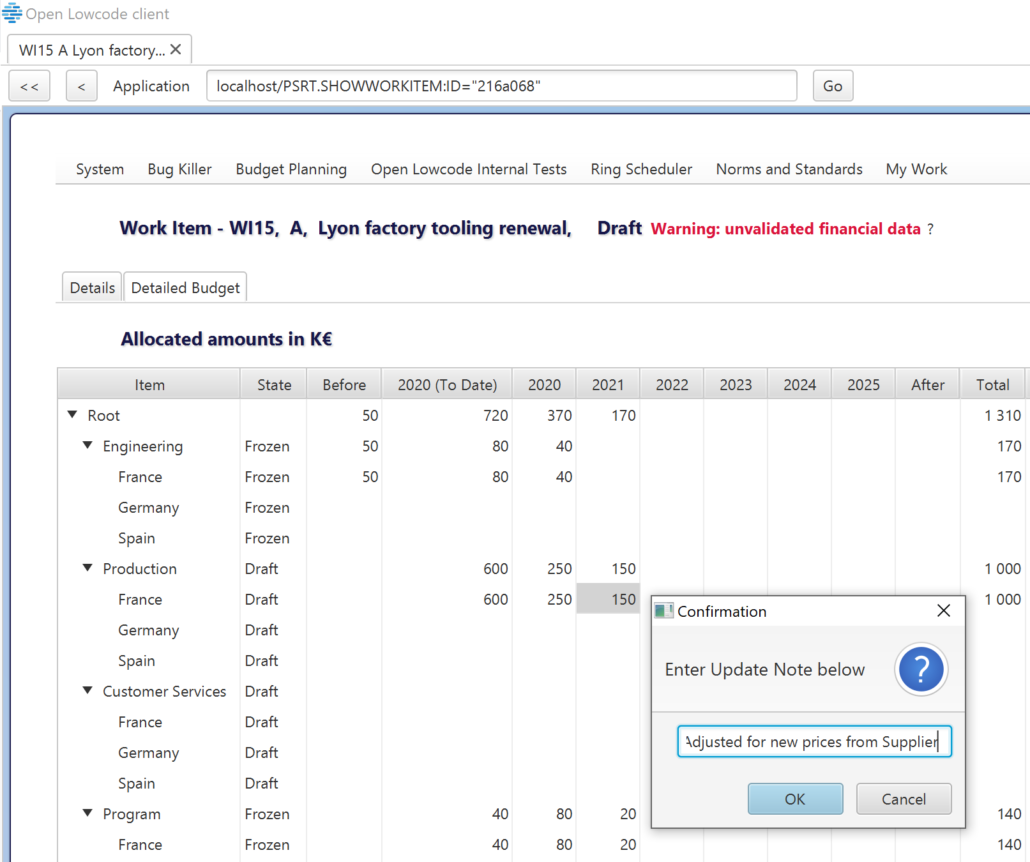
Build what you need
This is where some low-code solutions can help. They allow to build apps quickly by assembling existing bricks, reducing development cost. Open Lowcode is an especially good match. It reduces costs further by being fully open-source. Also, Open Lowcode specializes in applications for “Real-life”: it has a flexible import / export from excel, and incorporates the key features of spreadsheets: widgets to edit easily numbers, and a flexible engine to build pivot-table-like reports. All this is available with industrial grade scalability, security and data integrity. No wonder more than half of apps developed with Open Lowcode are in in this area. So if you are looking for better project management tools, let’s just get in touch.



